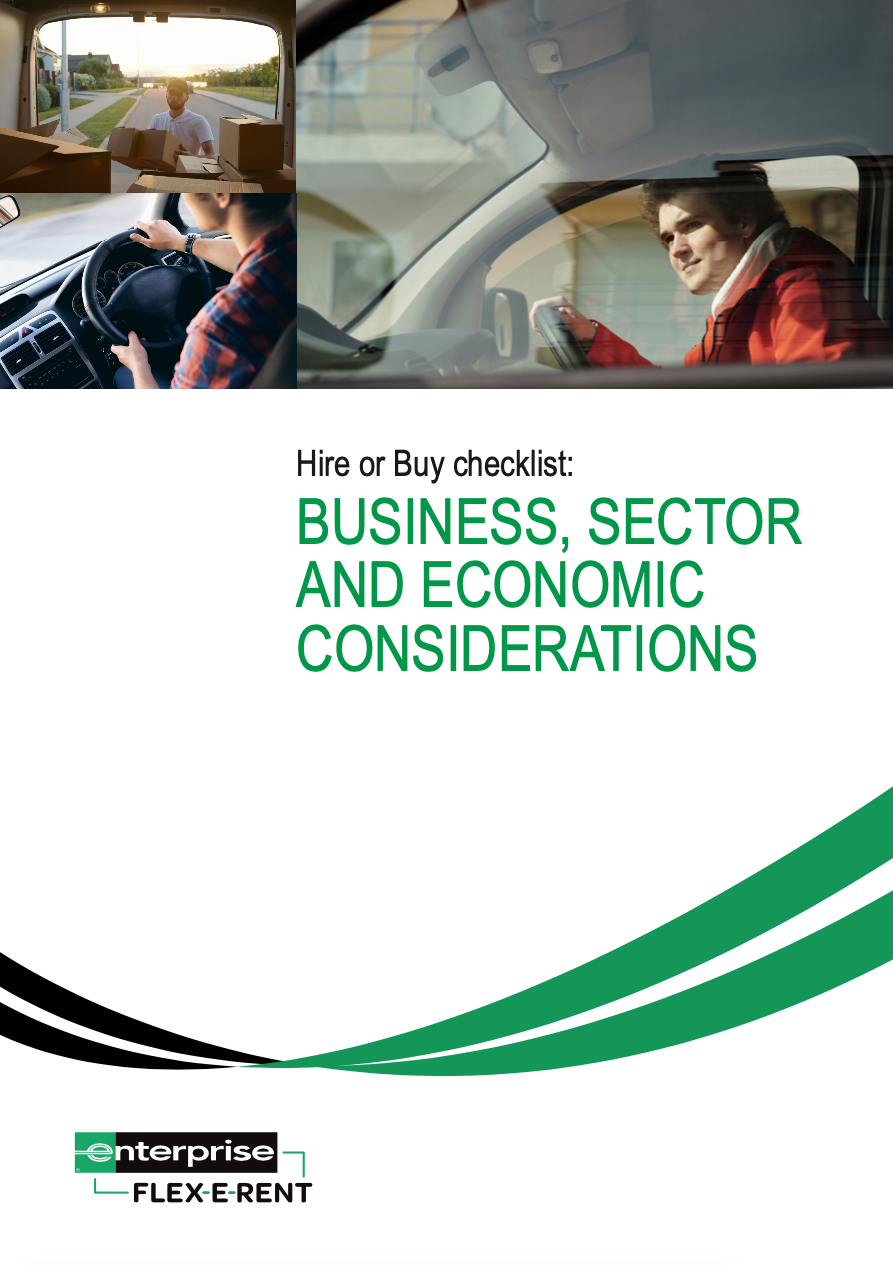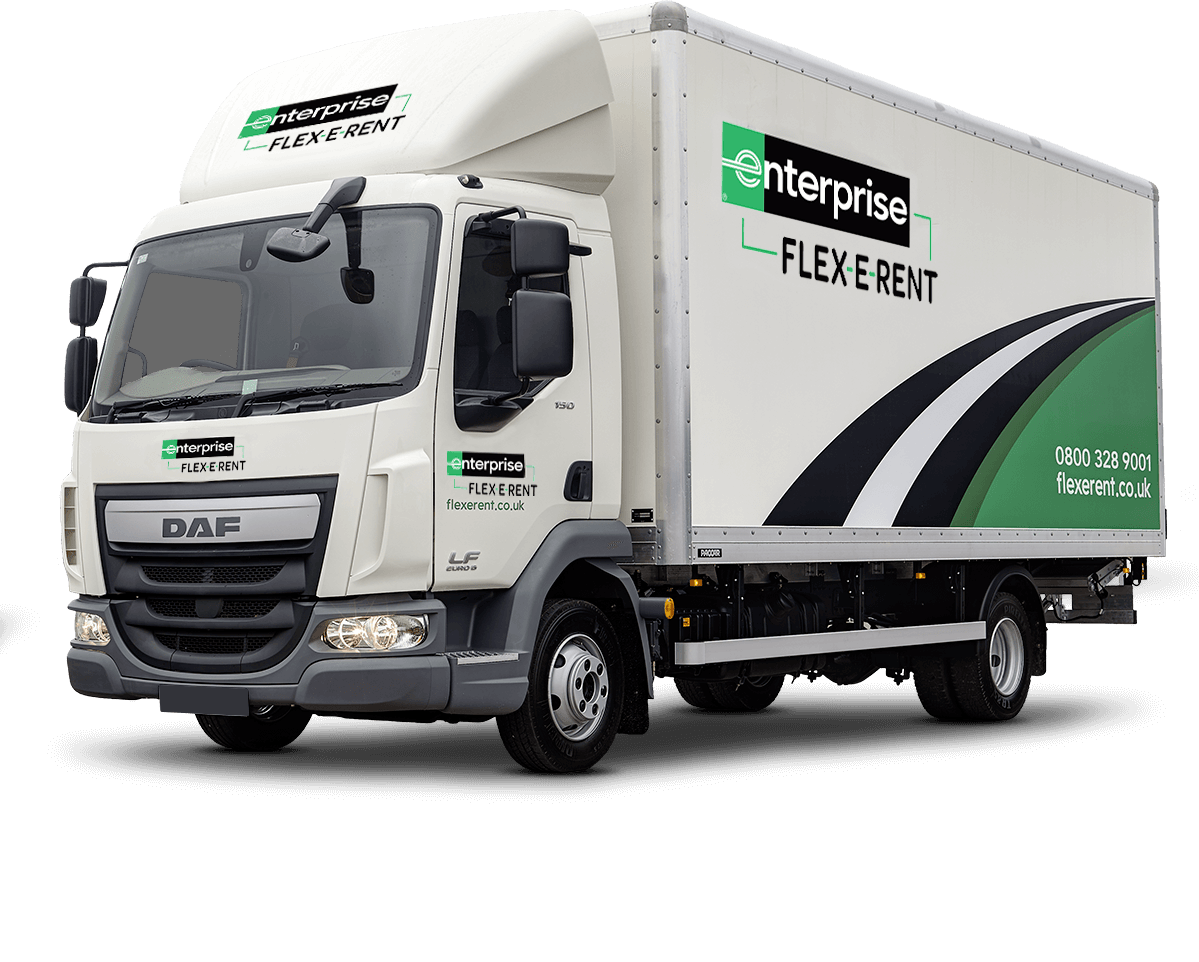
Free Checklist: Find out whether hiring or buying vehicles is best for your business
Depreciation and residual value
We are all aware that as soon as a new vehicle is driven off a forecourt, it immediately begins to depreciate in value. However, the rate at which vehicles depreciate in value can vary considerably. Fleet managers looking at buying their vehicles should therefore consider those that depreciate in value less quickly to maintain as much residual value for later sales. If you lease your vehicles, then the depreciation of your vehicles is met by your supplier and you can therefore base your decision on what type of vehicle to buy on factors that may be more important to your business operations.
Fuel consumption
Consider the fuel efficiency of all of the vehicles and calculate the total cost based on average / anticipated fuel consumption in future years. If you lease vehicles, it may be that you have access to a greater range of fuel efficient vehicles at a similar cost.
Vehicle ownership ensures that you are not hit with annual mileage caps or penalty charges. However, look into your lease provider terms – some are much more generous than others, especially those who specialise in commercial vehicle hire, as it is not in their interest to charge extortionate rates.
Another point to bear in mind is that excessive fuel consumptions can reduce resale value.
Maintenance cost
If you own your vehicles, you are fully responsible for servicing, tyres, and regular maintenance. If you have in-house maintenance professionals then this can keep costs low, but if you don’t this can be expensive and keep your vehicles off the road for days at a time – meaning you’ll need to source another vehicle to keep your staff working.
Find out more about whether commercial van hire or buying your vehicle outright is the best option for your fleet with our free guide below:




